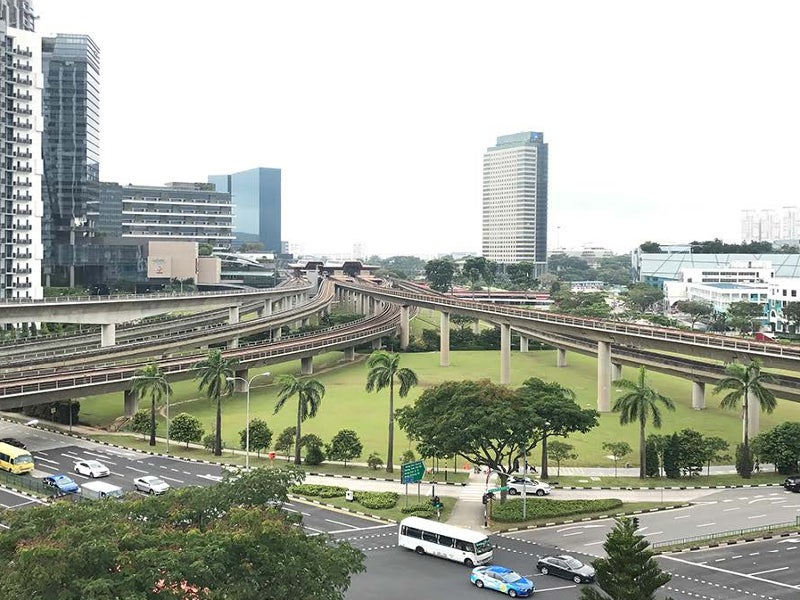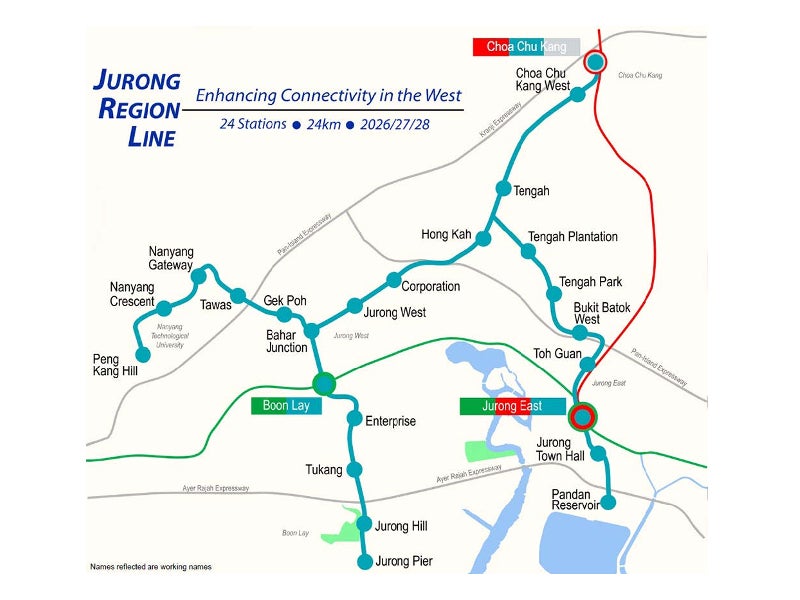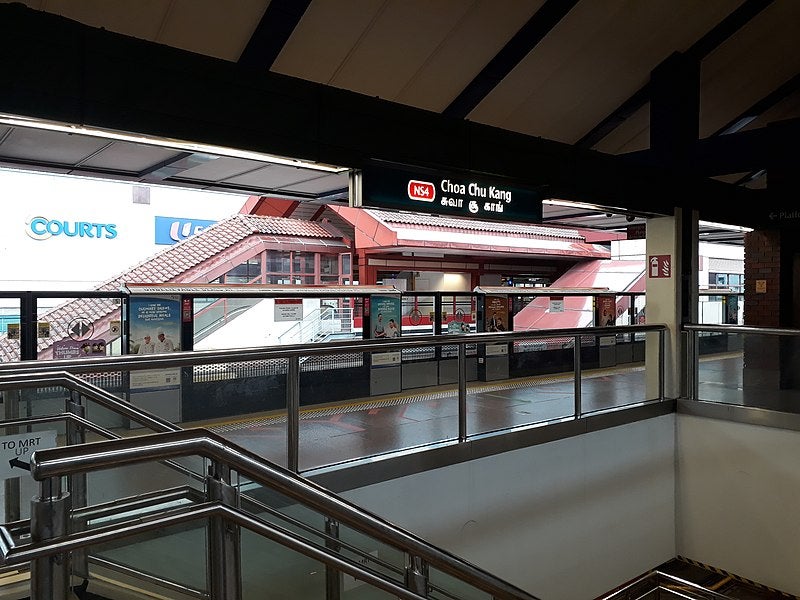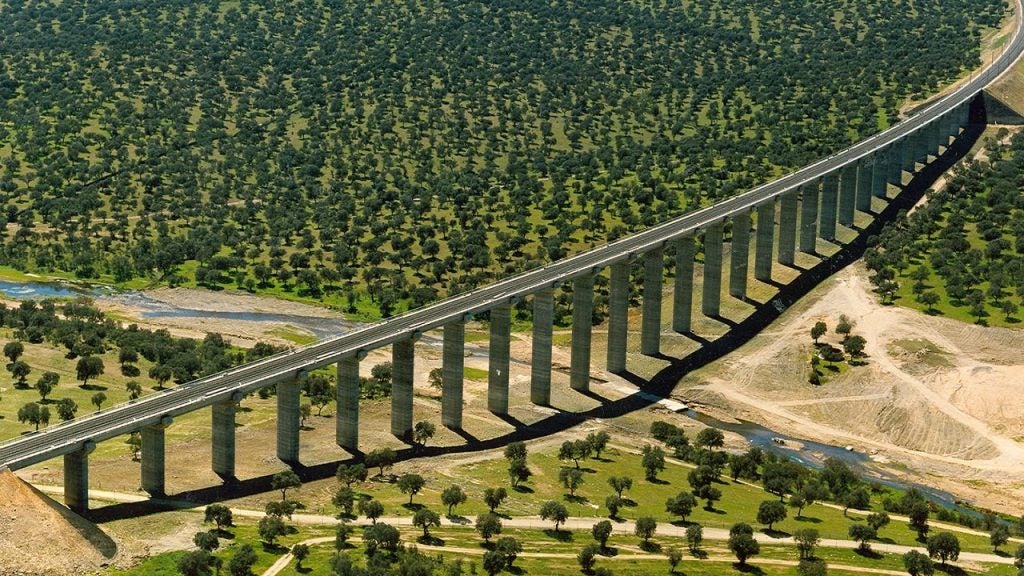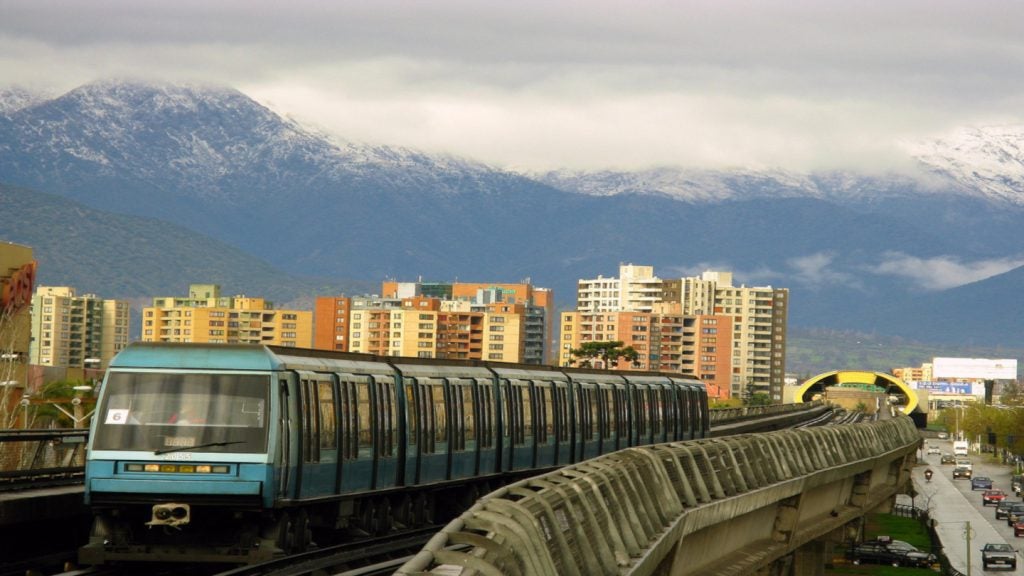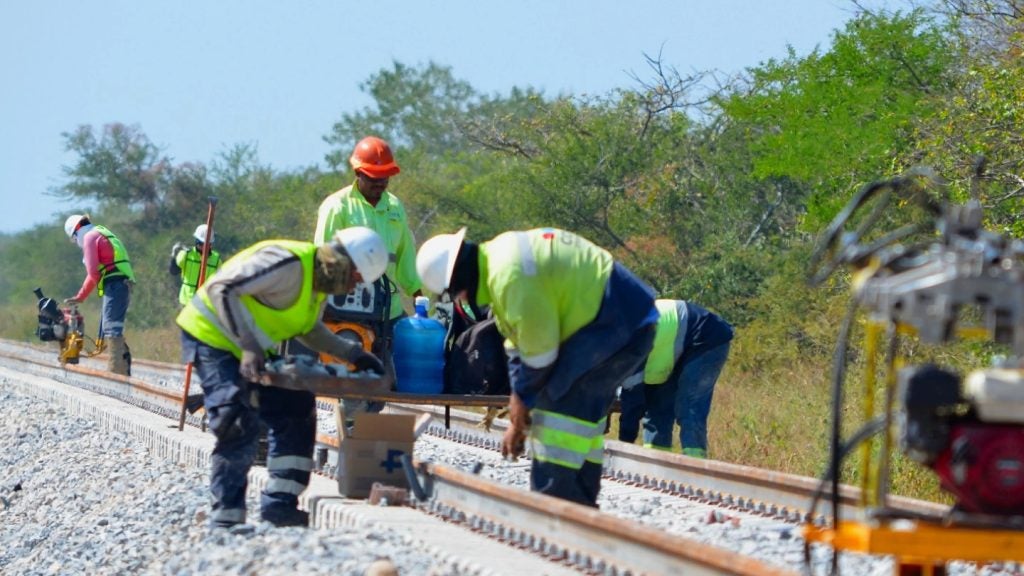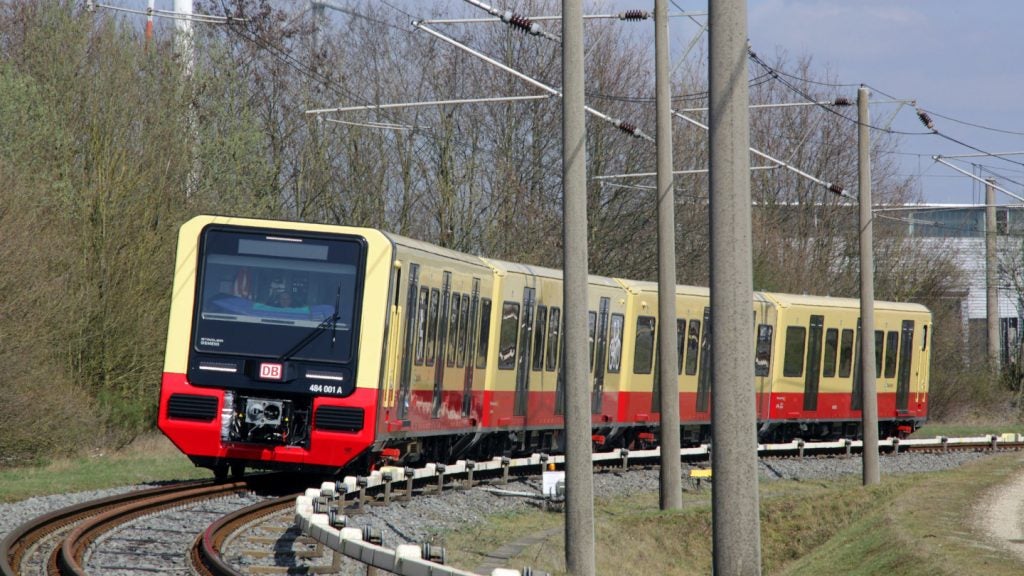The Jurong Region Line (JRL) will connect the north-western and western parts of Singapore. JRL is the seventh mass rapid transit (MRT) line in the country and is planned to be opened in three phases.
The Singapore Land Transport Authority is developing the project, which aims to improve connectivity in the Jurong region by covering areas that are currently not directly linked to the rail network. The project will also support the government’s plans to develop the Jurong Lake District into a Central Business District.
Construction on the project will be started in 2020 and is expected to be fully completed by 2028. The first phase is scheduled to open in 2026.
Jurong line route and station details
The Jurong line will be 24km-long and include 24 stations with three interchange stations at Jurong East MRT, Boon Lay, and Choa Chu Kang.
It will link up to Choa Chu Kang station on the North-South Line and Boon Lay on the East-West Line in Jurong West. This will provide alternative travel routes to passengers by allowing them to access the Jurong region and avoid the busy Jurong East station.
JRL will serve key locations such as Jurong Industrial Estate, Pandan Reservoir, Jurong Innovation District, Nanyang Technological University (NTU), and Tengah area. Its alignment comprises multiple legs stretching across 11km, along different corridors.
Commuters travelling from Woodlands will reach Jurong Island checkpoint in 45 minutes by using the JRL. Using the existing public transport system, the trip can take 80 minutes.
Construction details
LTA will work on completing the diversion of services and utilities that will be affected by the project to facilitate the construction work. The construction will be carried out in three phases, with the first phase involving the construction of ten stations along JRL West including Choa Chu Kang, Bahar Junction, Boon Lay, and others.
Under the second phase, seven stations will be built along JRL East to connect Pandan Reservoir and Tengah. Work on the second stage is anticipated to be finished in 2027.
Phase three will include the construction of extensions into Jurong Pier in the south and NTU in the west. It is planned to be completed in 2028.
The construction of the JRL and associated road works will require the Government to acquire Block 303 at Choa Chu Kang Avenue 4. The property houses a multi-storey car park owned by the Housing and Development Board (HDB). A permanent multi-storey car park will be built in the surrounding area.
Ridership and fleet details
The Jurong region MRT line will initially provide service to 200,000 commuters a day, which will eventually be increased to 500,000 commuters a day.
The line will make use of smaller train cars, which can carry up to 200 commuters. The smaller cars will enable better navigation through tight curves in constrained areas.
Trains on the line will have three train cars each. Another train car can be added in the future to cater to increased numbers of commuters, depending on the demand.
Contractors involved in Jurong region line project
Shanghai Tunnel Engineering Co (Singapore) won a contract worth S$465.2m ($344.29m) in September 2019 to design and construct five JRL stations and a 4.3km connecting viaduct.
Architecture firm Greenhilli worked with WSP Global on the feasibility study and advanced engineering study for the project. Greenhilli is responsible for designing 11 stations on the project.
SYSTRA MVA was subcontracted by WSP to provide engineering consultancy services for the JRL Mainline.
In December 2019, LTA chose the Singapore unit of China Railway 11 Bureau Group to construct Jurong West and Bahar Junction stations. The S$210.1m ($155.42m) contract also includes the construction of viaducts.
China Railway 11 Bureau Group also won a contract to construct a depot and associated facility for the JRL, at Tengah in November 2019.

